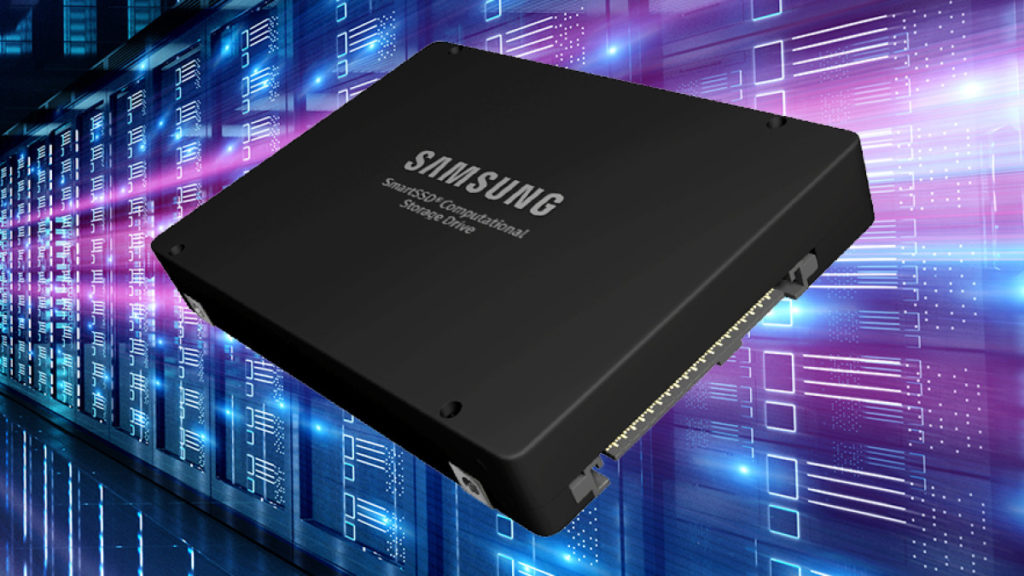- Joined
- May 28, 2019
- Messages
- 8,710
- Points
- 113
Image: Samsung
SSDs are continually advancing. While the norm has been to rely on die shrinks, added layers, controllers, and port specifications, Samsung and Xilinx have partnered for an innovation called the SmartSSD Computation Storage Device, which shifts compression duties from the CPU onto the storage device itself. Here’s a brief description.
The SmartSSD CSD performs high-speed computations on data where it is stored. Combining a high-performance Samsung Enterprise SSD and an acceleration-dedicated Xilinx Kintex Ultrascale+ FPGA with a fast private data path between them, the SmartSSD CSD enables efficient parallel computation on data itself. This unlocks massive performance gains and dense, linear scalability while freeing the CPU to handle...
Continue reading...
